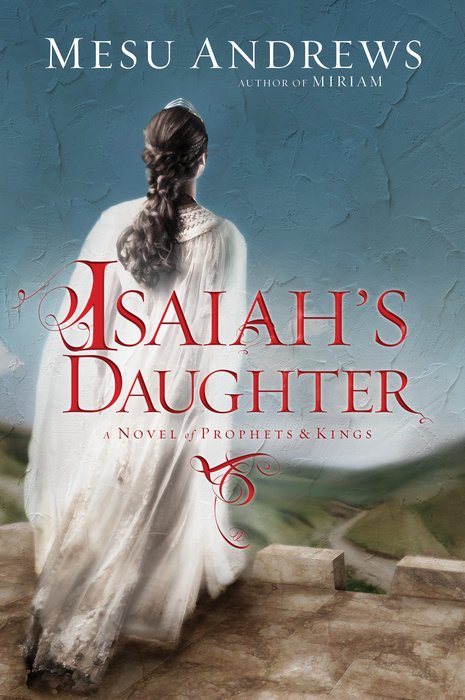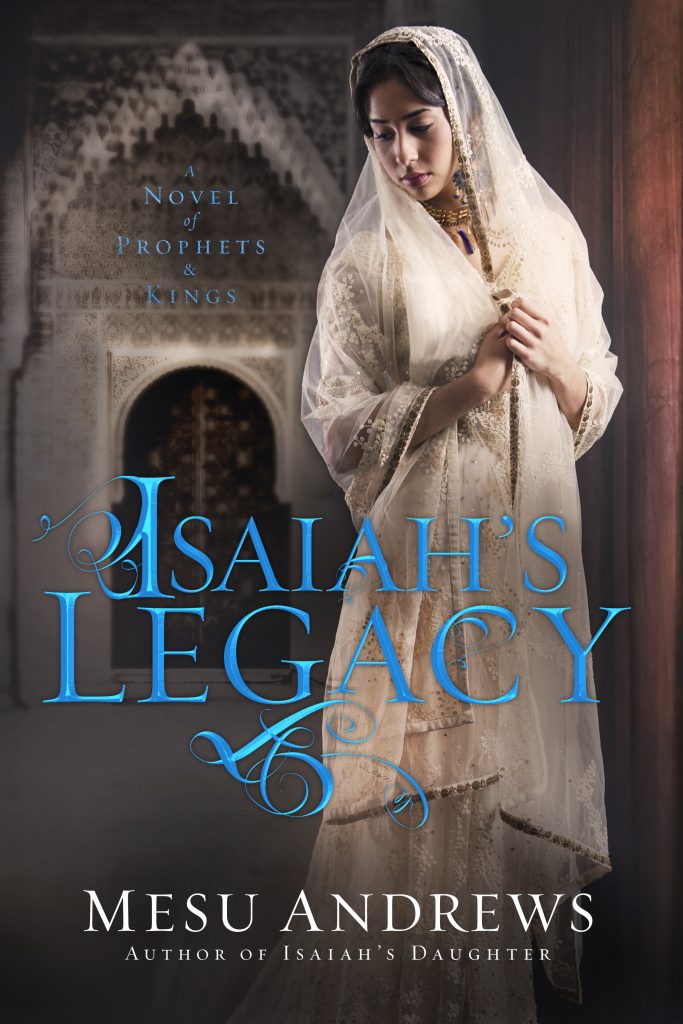 Do you recognize that painfully awkward girl on the left? Maybe you know a kid that’s twelve years old. If you don’t know any twelve-year-olds, try to remember something from your own days in sixth grade or middle school. Or maybe, like me, you’ve spent a good portion of your adult life trying to forget those socially-awkward, pimple-faced, hormone-imbalanced, shaky days of adolescence.
Do you recognize that painfully awkward girl on the left? Maybe you know a kid that’s twelve years old. If you don’t know any twelve-year-olds, try to remember something from your own days in sixth grade or middle school. Or maybe, like me, you’ve spent a good portion of your adult life trying to forget those socially-awkward, pimple-faced, hormone-imbalanced, shaky days of adolescence.
A Biblical Adolescent
While you’re fighting nausea from those long-buried junior high flashbacks, let me introduce you to a twelve-year-old boy in ancient Judah—around 700-650 BC. His name was Manasseh. From the moment he was born, everyone around him knew he would be king when he turned twelve—because that’s when his father, King Hezekiah, would die.
“Then the word of the Lord came to Isaiah: ‘Go and tell Hezekiah, “This is what the Lord, the God of your father David, says: I have heard your prayer and seen your tears; I will add fifteen years to your life.”’” Isaiah 38:4-5
In year three of Hezekiah’s life-extension, Manasseh was born to Hephzibah, the prophet Isaiah’s daughter. I wrote a book about Hezekiah (Hezi), Hephzibah (Zibah), and Isaiah (Isaiah’s Daughter, Waterbrook/2018) that helps explain the political and spiritual conditions of Judah during Hezi’s reign, but—as a short recap—Hezi and Zibah restored Judah to the worship of Yahweh after Hezi’s wicked abba, King Ahaz, nearly destroyed the nation with his pagan practices and “friendship” with Assyria.
A Young King’s Confusion
So if you were a kid who grew up knowing Yahweh and his prophet (your grandfather) had sentenced your father to die, how would you feel about Yahweh and His prophets?
Yahweh and Isaiah didn’t “sentence” Hezekiah to death, of course, but even as adults with more fully-developed coping skills, don’t we sometimes get angry with God when adversity visits our own lives? How much more would a young king blame Isaiah and his God for his father’s death? And wouldn’t Manasseh be susceptible then to those whispering about other gods who could perhaps save his father? Or after Hezi’s death, wouldn’t Manasseh seek other gods to save himself from the God who killed his father?
These are the convoluted thoughts of the boy-king in my novel who witnesses his abba’s tragic death and immediately feels the weight of a nation thrust onto his shoulders. A boy, yet considered a man at age twelve in ancient Judah. A boy, yet considered a king because he was an ancestor of King David. A boy, yet somehow he manages to destroy everything his parents built.
“But Manasseh led Judah and the people of Jerusalem astray, so that they did more evil than the nations the Lord had destroyed before the Israelites.” 2 Chronicles 33:9
How Could He Go So Wrong?
As I began researching Manasseh’s story, I wondered, How could the son/grandson of incredibly faithful Yahwists (Yahweh followers) wander so far astray from the Truth? Some of my dearest friends have had children walk away from their faith, and I’ve asked the same question. Unfortunately, I don’t know the answer, but as I researched Manasseh’s life and reign, I found something interesting about the wickedest king in Scripture.
“Manasseh interpreted Leviticus in fifty-five different ways, corresponding to the years of his reign.” (Sanhedrin 103b – https://www.torah-box.net/torah-pdf/talmud/sanhedrin/103.html)
Quite an impressive feat, considering most of us can’t recite the Ten Commandments. Manasseh’s supreme intellect piqued my curiosity. Was he a savant? Would he have been diagnosed with Asperger’s or placed “on the spectrum” if he’d lived in our modern world?
Is That Why He’s Bad?
Please don’t misunderstand. I’m not saying Asperger’s or autism causes anyone to sin or become a bad person. In fact, I created a second character in the story who shares Manasseh’s “peculiar” behaviors but is faithful to Yahweh—as well as kind and affectionate.
However, the Asperger’s piece seemed to complete the puzzle of Manasseh’s “rebellion”—except I don’t think it was rebellion at all. What if his intellectual ability was impressive, but his limited social skills left him vulnerable to wicked advisers? What if, because he was unable to read social cues, facial expressions, or hidden agendas, Manasseh trusted the wrong people and fell victim to deceit? He would have known right from wrong—as his parents taught him—but if two people he trusted disagreed (i.e. his mother and a beloved adviser), he would likely have panicked.
More than anything, at twelve years old, Manasseh ben Hezekiah would have simply wanted to fit in. He would have done just about anything to feel and seem “normal” to others—especially to a girl he wanted to impress. (There’s always a girl, right? LOL!) Scripture tells us that Manasseh had one son and gives the name of the boy’s mother. In Isaiah’s Legacy, I give her the nickname, Shulle.
“Amon was twenty-two years old when he became king…His mother’s name was Meshullemeth daughter of Haruz; she was from Jotbah.” 2 Kings 21:19
Why Write About a Bad Guy?
So why devote an entire book to an awful king and his destructive behavior? I didn’t. This is Shulle’s story. And the second half of Zibah’s life-story. Yes, King Manasseh is also a main character, but Evil isn’t. I don’t sensationalize wicked behavior, nor do I condone weakness among the righteous.
In her endorsement, fellow author Pepper Basham (who is also a speech-language therapist w/specialty in social communication disorders) said this when she finished reading Isaiah’s Legacy:
“I began reading this book with trepidation because I knew 2 Kings’ story of Manasseh’s horrifying fall from grace…”
Are you feeling that same trepidation to delve into Manasseh’s story? I was certainly nervous about writing it!
The Prodigal Returns
Did you realize Manasseh returns to Yahweh? It’s not a spoiler because it’s in the Bible!
“In his distress [Manasseh] sought the favor of the Lord his God and humbled himself greatly before the God of his ancestors. And when he prayed to Him, the Lord was moved by his entreaty and listened to his plea.” 2 Chronicles 33:12-13
I’ve said multiple times, Manasseh’s life is the greatest prodigal story in Scripture—not because I’m writing it, but because God recorded it for us all to see! Here’s how Pepper described it:
“What a beautiful reminder that the light of God’s love, the strength of his hand, can reach into the darkest hearts to transform lives for His glory and ultimate fulfillment of His story.”
We all need to be reminded that our God wins over darkness. We may not always see God’s light right away or feel the warmth of His flame, but we can know with certainty that our God IS ALWAYS THE VICTOR! THAT is the true message of Manasseh’s life and story.
Tweet-Ables!
- What if our nation was ruled by a twelve-year-old king? Today, you can discover more about Manasseh and his reign to prepare for the 2/18/20 release of #IsaiahsLegacy!
- King Manasseh is a main character in #IsaiahsLegacy, but Evil is not. No sensationalizing wicked behavior, nor condoning weak righteousness. Prepare to see a God’s victory! 2 Chron. 33:12-13
- We may not immediately see God’s light or feel the warmth of His flame, but we can know with certainty that our God IS ALWAYS THE VICTOR!





Comments 15
Thank you for your knowledge. Blessings
Thanks for your encouragement, Vickie! 😘
I can’t begin to say how much this blessed my heart. Thank you Mesu.
Yay! Love being a blessing. 😘
I’m so excited to read Isaiah’s Legacy… your biblical novels always help me see scripture, and Christ, in a new light! I’m thankful you have such a passion for research 🙂
Author
I’m thrilled to hear my books send you back to God’s Word, Rebecca. That’s the reason I write…and, yes, I LOVE the research!
I feel “safe” reading your novels because you never deviate or add to the Truth of Scripture. And, you’ve proven time and time again that the Lord always gets the glory, not the characters. I’m excited to watch the ways (and I know there will be many) you lift Him up and bring Him highest praise and honor in the forthcoming release “Isaiah’s Legacy.”
Author
Thank you so much, Paula, for your encouragement about sticking to the Truth of Scripture. What a joy and privilege it is for me to be able to study and research the history surrounding the true events we read in God’s Word. It’s absolutely fascinating to me…and then to weave it together in what “might have been” is the most exciting thing on earth! Thanks for reading it!
I have enjoyed knowing more about Manasseh and Shulle. I would not have recognized you in a line up. Lol But since the picture was on your email I could see the resemblance. Somehow I have missed getting the first e-short of Adnah’s Heart. Where do I get this? Thanks!
Author
The first eShort was in my December 2nd newsletter. If you’re not subscribed to my newsletters, you can do that on this page (top right) and download the first eShort that way. 😉
We have all of your books in our church library and we’re waiting with baited breath for this one to reach our shores in South Africa.
Thank you for the rich contribution you make to our reading pleasure. Your books do indeed encourage us to “search the Scriptures” They’re certainly not superficial reading.
May you long continue to be a blessing to so many of us.
Author
Oh, thank you, Beverly! I LOVE it when my books are on library shelves–churches or local libraries. And I seem to have a WHOLE BUNCH of South African friends! Love y’all too! Thanks for your encouragement, dear one.
Please consider reading The Vanishing American Adult. related. idolatry of childishness/self-focus/psychohyeresy yields continued adolescence. I was heard a conference speaker talk on are you child like or childish. I squirmed convicted. His word instructs us to grow increasing Christ like not stay the same, on a sin spiral imagining won’t get consequences. Lord have mercy.
Author
Thanks for the recommendation, Helen. I think you’ve hit the nail on the head. All sin since the Garden has been “me” focused. God told them they’d die when they ate the fruit of the forbidden tree, and I’m sure they imagined they’d escaped the consequences when they didn’t die IMMEDIATELY after. It’s tough for us to understand delayed consequence when we don’t discipline ourselves to learn delayed gratification. WAITING isn’t something our world is willing to do. NOW can also become our idol.
Again, thanks for your comment. It really made me think!
Wow – what a great idea to consider for Manasseh. I always wondered “what happened” to him too, considering his father was Hezekiah. But yes, even with a godly parent’s legacy, kids choose who to follow and believe. And losing a father at a young age, and maybe savant/Asperger’s. All good stuff that I am very interested to read about.
I love your research and how you don’t focus on the evil (too many books do!) and rather focus on God moving in the midst of evil. I am a rabid fan. =)